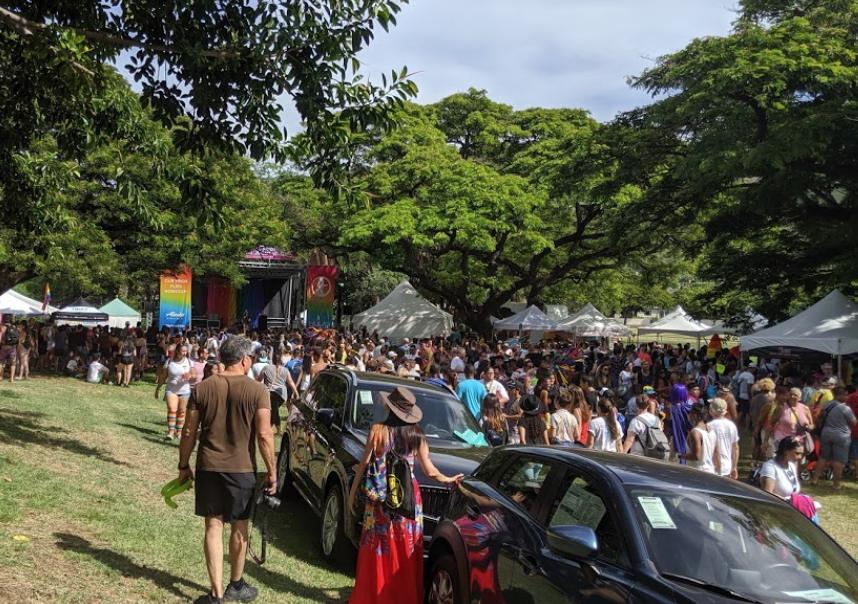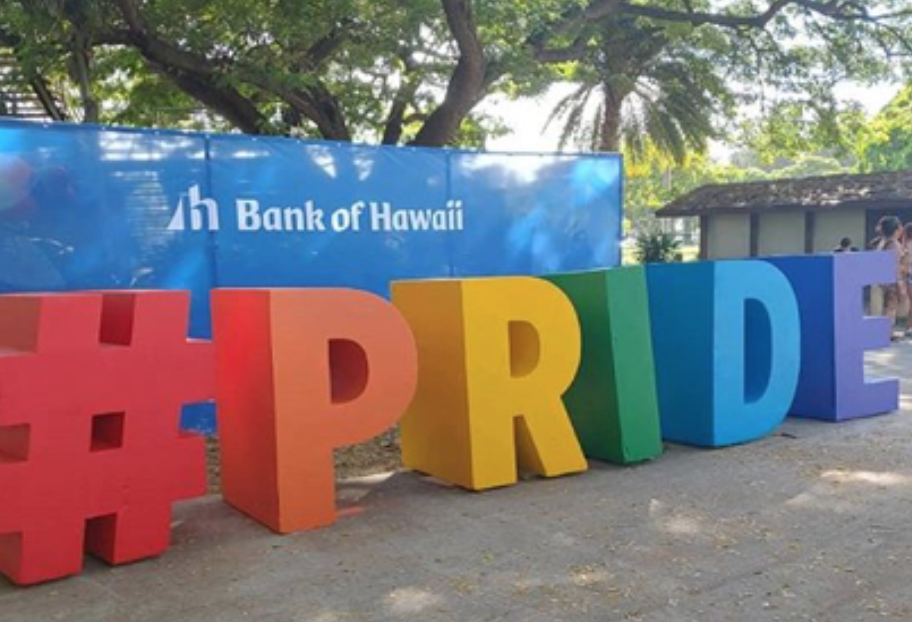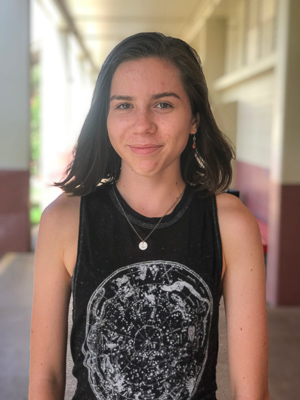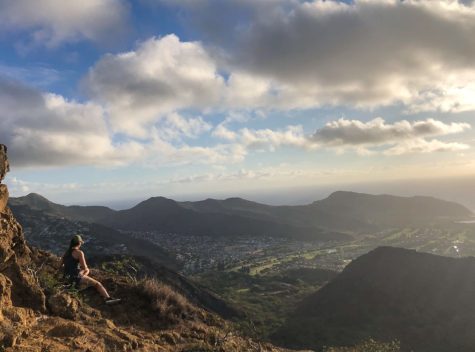2019 Honolulu Pride Parade celebrates diversity
The Lesbian, Gay, Bi, Transgender, Queer, and Asexual + (LGBTQA+) community has been campaigning for equal rights and acceptance in the U.S. for decades. In celebration of this fight and all the progress we have made, many states in the U.S. hold an annual Pride celebration.
This celebration is important for people in the LGBTQA+ community as it celebrates members for who they are. We still face problems associated with bigotry and homophobia, and we as a society need to continue to make progress in addressing them. Problems including ignorance about the LGBTQA+ community, harmful and widespread stereotypes and assumptions, unintentional (and intentional) microaggressions and prejudice. These include phrases like “no homo,” the belief that being gay is a choice, a phase, or wrong or disgusting in some way, and general discrimination against the LGBTQA+ community.

In Hawaii, the 2019 Honolulu Pride Parade and Festival occurred on Oct. 19. It started at 11 a.m. at Magic Island and wound its way to the Waikiki Shell where a festival took place, lasting until about 6 p.m. At the festival, myriad booths were set up advertising pride merch like t-shirts, fans, and flags, and food and drinks. All participating companies were there to support the community. According to the Hawaii LGBT Legacy Foundation, representatives from over 120 companies marched in the parade.
There were also live performers and entertainment, with performers including Allie X, Izik, Tim Rose, Chevelle Brooks, Luminous, Candy Shell, and many more.
Many people go to Pride as allies, to support family members, friends, or just to support the community in general. As someone who is a part of the LGBTQA+ community, I can say that I really appreciate seeing people at pride, celebrating the community, even when they aren’t a part of it themselves.
One segment of the parade was a contingent commemorating the Stonewall Riots, which occurred in New York in June 1969. The Stonewall Riots happened when police officers raided the Stonewall Inn, a gay club. The patrons became violent in their protest, and the riots lasted about six days. The LGBTQA+ community was finally standing up for itself, albeit in a dangerous way. The Stonewall Riots are commonly considered a catalyst for the gay rights movement in the United States and around the world.
Since then, we have made a tremendous amount of change. The LGBTQA+ community has been forced to hide for so long, and it’s amazing that we have come far enough that we have a celebration about just being proud of who you are and who you love.
I, as a member of the LGBTQA+ community, have experienced examples of both the progress we have made and the changes we still need to make. Again, Pride in itself is a huge example of how far we have come. It’s a celebration of the simple fact that we don’t have to hide who we are. Going to Pride and meeting so many people that not only accept me for being gay but celebrate it made me feel so loved and proud.
But there are times I don’t feel accepted at all. I have had people tell me that being gay is a sin and I’m going to hell, that it’s disgusting or unnatural and wrong, or just refuse to acknowledge that my sexuality isn’t “just a phase.”
Even phrases like “no homo” and “that’s so gay” are homophobic, if unintentionally, and hurtful. Even if unintentional, they cause harm, and unintentional (and intentional) microaggressions are far too common.

But how do we fight this in the society we live in currently? There is so much misinformation and harmful stereotypes about the LGBTQA+ community. Too many kids are indoctrinated into a homophobic or even just heteronormative perspective.
Therefore, the best way to go about fighting homophobia is to have conversations with your kids and friends about the LGBTQA+ community from a young age. Information creates a safer community. If kids know what phrases and words not to use, and understand why not to use them, we can avoid a lot of unintentional homophobia, as well.
For teens and adults, the solution is having a growth mindset. We need to have important conversations about the LGBTQA+ community to alleviate confusion and stereotyping and engender acceptance that this isn’t a choice or something disgusting or deserving of shame.

Lucy Dooley-Carll is a freshman at Kalani High School. You would most likely find her in the library, in the dance studio, with her dogs and cats, sitting...






